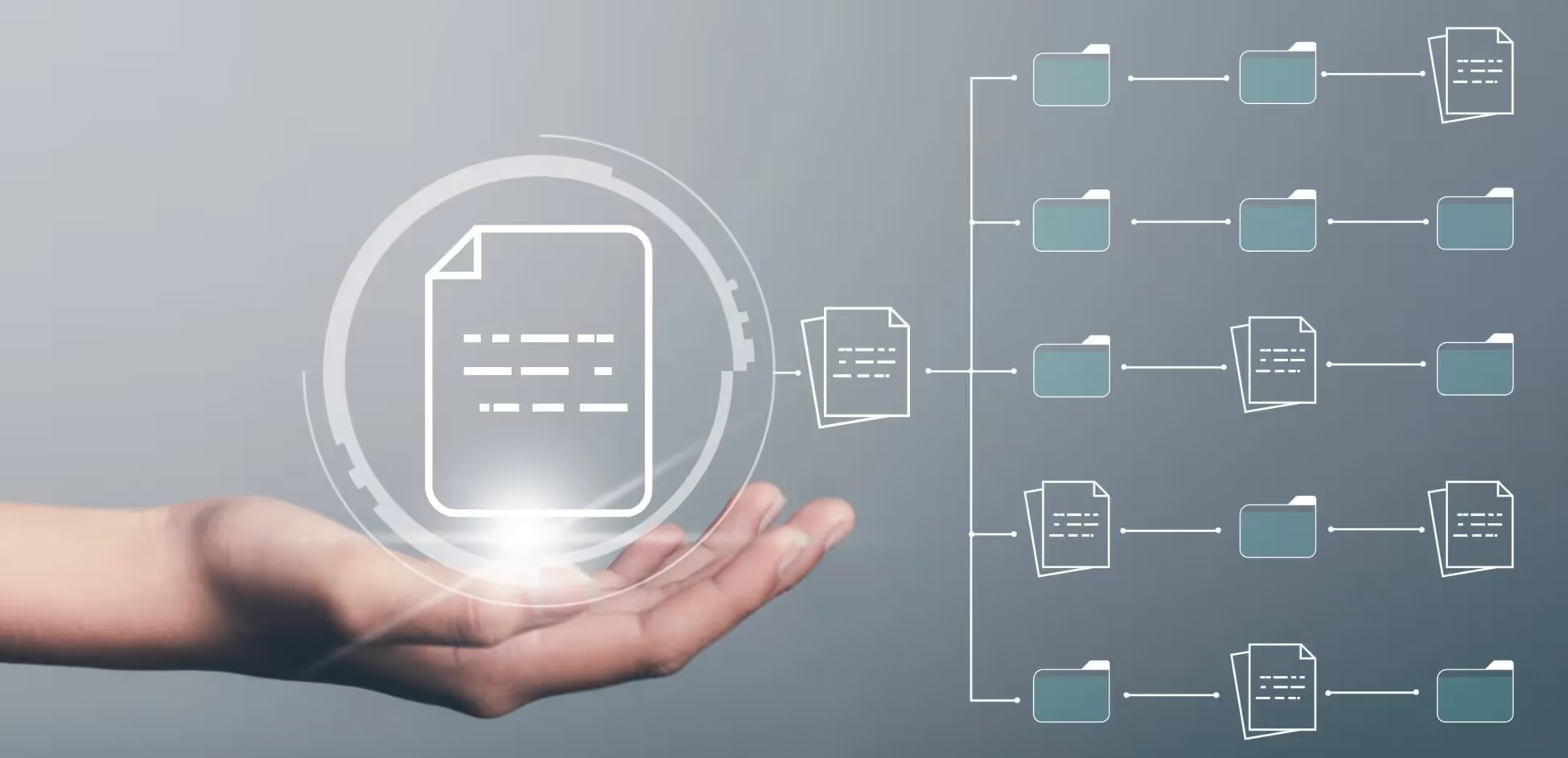Interview multiple candidates
Lorem ipsum dolor sit amet, consectetur adipiscing elit proin mi pellentesque lorem turpis feugiat non sed sed sed aliquam lectus sodales gravida turpis maassa odio faucibus accumsan turpis nulla tellus purus ut cursus lorem in pellentesque risus turpis eget quam eu nunc sed diam.
Search for the right experience
Lorem ipsum dolor sit amet, consectetur adipiscing elit proin mi pellentesque lorem turpis feugiat non sed sed sed aliquam lectus sodales gravida turpis maassa odio.
- Lorem ipsum dolor sit amet, consectetur adipiscing elit.
- Porttitor nibh est vulputate vitae sem vitae.
- Netus vestibulum dignissim scelerisque vitae.
- Amet tellus nisl risus lorem vulputate velit eget.
Ask for past work examples & results
Lorem ipsum dolor sit amet, consectetur adipiscing elit consectetur in proin mattis enim posuere maecenas non magna mauris, feugiat montes, porttitor eget nulla id id.
- Lorem ipsum dolor sit amet, consectetur adipiscing elit.
- Netus vestibulum dignissim scelerisque vitae.
- Porttitor nibh est vulputate vitae sem vitae.
- Amet tellus nisl risus lorem vulputate velit eget.
Vet candidates & ask for past references before hiring
Lorem ipsum dolor sit amet, consectetur adipiscing elit ut suspendisse convallis enim tincidunt nunc condimentum facilisi accumsan tempor donec dolor malesuada vestibulum in sed sed morbi accumsan tristique turpis vivamus non velit euismod.
“Lorem ipsum dolor sit amet, consectetur adipiscing elit nunc gravida purus urna, ipsum eu morbi in enim”
Once you hire them, give them access for all tools & resources for success
Lorem ipsum dolor sit amet, consectetur adipiscing elit ut suspendisse convallis enim tincidunt nunc condimentum facilisi accumsan tempor donec dolor malesuada vestibulum in sed sed morbi accumsan tristique turpis vivamus non velit euismod.
As digital continuity becomes more of a priority for organisations, we see an increasing focus on automated solutions for records classification and control. There are a few traps to be aware of when considering one of the range of offerings available. One is the 'Mechanical Turk' trap, where the solutions are not true automations.
The Mechanical Turk was a chess-playing apparatus, with an automaton that could move chess pieces around a board. The Turk challenged, and beat, many luminaries of the 18th century, including Napoleon. But the Turk wasn't a true robot - there was a man inside, controlling the machine.
A great deal of automation solutions are similarly construed. They might require configuration, by the records manager, of hundreds or even thousands of rules in order to apply the correct classification and sentence (and then, the users must abide by the rules in the way they store or tag their documents). Or they may need large amounts of training data, with results requiring validation by records managers for each sentence applied.
Because this model requires so much human interaction, the primary intended benefit of automation - time savings - is at risk. And this is why we see many of these 'automanual' approaches also compromising quality. In order to make a Mechanical Turk approach feasible, the governance must be watered down. If you see a proposal to 'roll up' multiple records classes, or only manage 'high value' records, that's a sign that the approach is too labour-intensive to scale properly, and to apply all the legislative, regulatory and policy obligations your organisation is bound by.
The governance impact of this watered-down approach can be significant. By only focusing on records that are determined to be of high value' (aka records requiring longer retention), you will not be managing records of high risk. It's actually important to actively manage records even if they don't require long retention, as they may contain sensitive or confidential information. Holding onto this information longer than you need to protracts your risk unnecessarily. The more of this information you have in the event of a breach or a discovery action, the greater the impact of that event will be.
Also, it is very hard to determine right now what our high value content will be in the future. We none of us treated records relating to PFAS chemicals as 'high value', but now we need that information at hand, and we need to show evidentiary proof of its integrity - none of which we would have if we had previously made an executive decision not to manage it formally.
So don't be fooled by Mechanical Turks. If the effort to set up and maintain the system is high, it's not true automation. And if the answer to the inherent complexity of the technology model is to simplify your regulatory compliance obligations, then the tail is wagging the dog.

.svg)



